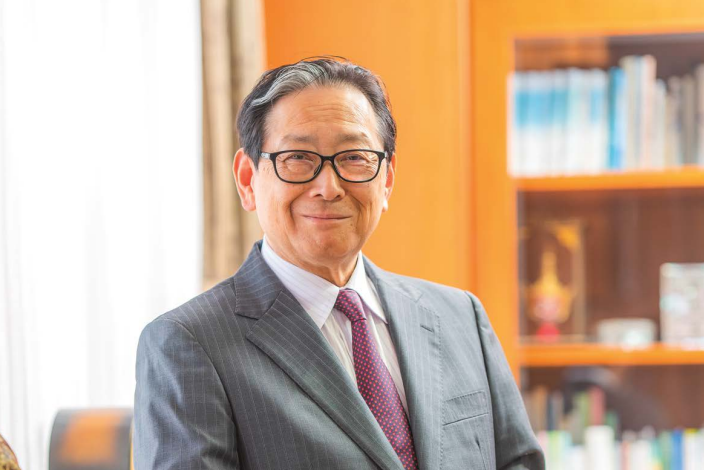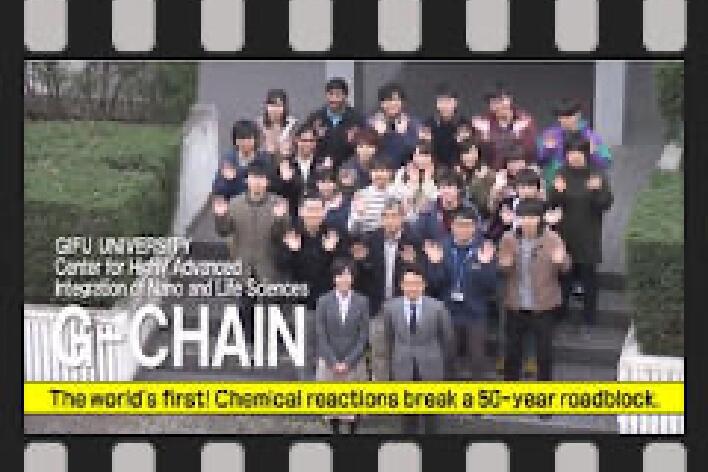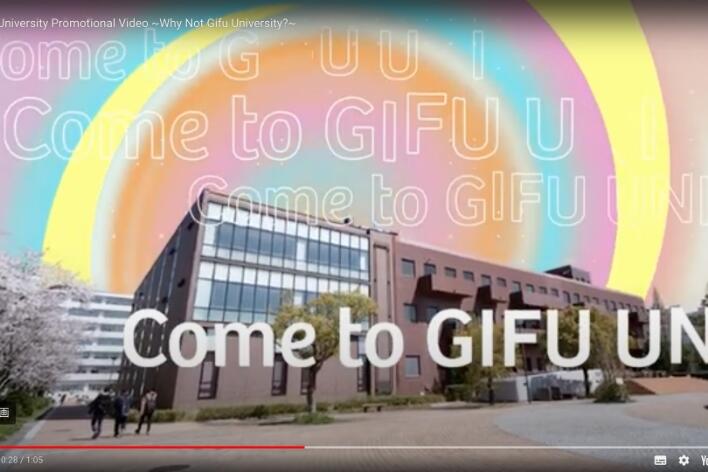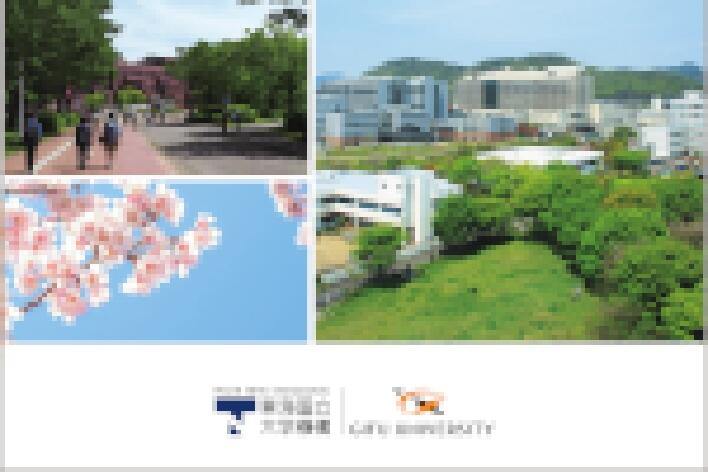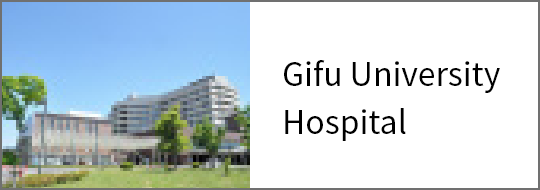iGCORE has signed a MoU with the Tohoku Medical Megabank Organization (ToMMo) of Tohoku University
The Institute for Glyco-core Research (iGCORE), jointly established by Nagoya University and Gifu University, has signed a comprehensive MoU with the Tohoku Medical Megabank Organization (ToMMo) of Tohoku University (Miyagi Prefecture). The major objective of this MoU is to further advance the Human Glycome Atlas Project (HGA1) and the ToMMo initiatives, contributing to the understanding of life phenomena and the improvement of human health and medical care.
On Friday, February 28, 2025, a signing ceremony was held at a press conference room of the Ministry of Education, Culture, Sports, Science and Technology (MEXT) in Tokyo. iGCORE Director, Dr. KADOMATSU Kenji and ToMMo Director YAMAMOTO Masayuki held a press conference after the ceremony.
In April 2023, in collaboration with the National Institutes of Natural Sciences (NINS) and Soka University (Tokyo), iGCORE launched HGA project as the first MEXT-approved "Projects to Promote Large Scientific Frontiers" in the life sciences field.
Glycans, alongside genomes and proteins, are considered the "third chain of life" essential for biological activities. However, due to their complex structures and handling difficulties, systematic analysis has been challenging, and researchers have traditionally conducted individual studies so far. Through HGA, the aforementioned research centers aim to comprehensively decode glycan information ahead of the rest of the world, taking advantage of Japan's collective strengths.
Currently, ToMMo is closely working with the Iwate Tohoku Medical Megabank Organization of Iwate Medical University (Iwate Prefecture) to promote ToMMO project. Under this project, researchers continuously collected various biological samples, conducted detailed examinations, and carried out surveys to a total of 150,000 participants in Miyagi and Iwate prefectures. Additionally, ToMMo members are performing genome and omics analyses on the collected biological samples. These samples and information are organized into a biobank, establishing a research infrastructure that encompasses the "central dogma2" and is accessible to researchers.
With the signing of MoU, the HGA participating institutions will conduct glycan analysis on the biological samples theoretically and abundantly collected by ToMMo. This will place the three major chains of life--genomes, proteins, and glycans--on the same foundation for analysis. This collaboration is expected to advance the comprehensive understanding of life and generate research outcomes that can lead to future-oriented prevention and medical care.
1) The Human Glycome Atlas Project (HGA) aims to comprehensively decode glycan structures and functions, which are essential for biological activities alongside genomes and proteins. This project seeks to advance the understanding of life phenomena and improve human health and medical care.
2) The central dogma of molecular biology explains the flow of genetic information within a biological system. It states that DNA is transcribed into RNA, which is then translated into proteins. This process is fundamental to how genetic information is expressed in living organisms.

